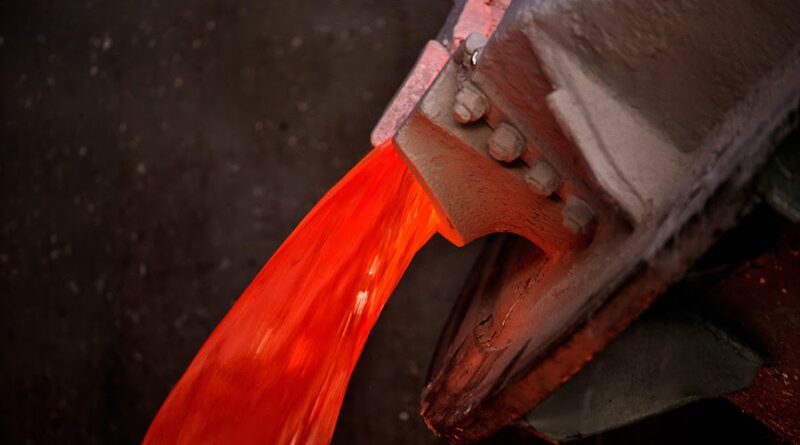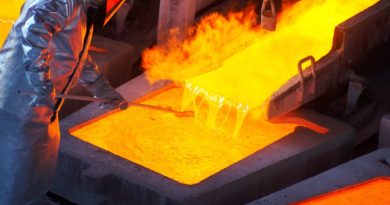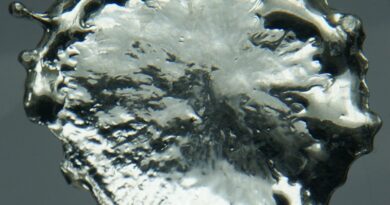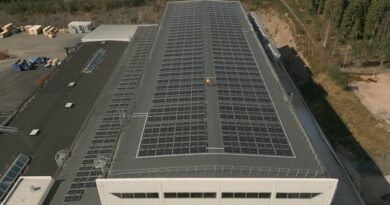Alcoa explores technology to reduce carbon emissions in alumina refining
PITTSBURGH – Alcoa Corporation has announced a development project with the potential to significantly reduce carbon emissions in the alumina refining process, which would further enhance the Company’s strong sustainability performance across the aluminum value chain.
The Australian Renewable Energy Agency (ARENA) has granted to Alcoa of Australia $8.8 million (A$11.3 million) to test the potential use of renewable energy in a process known as Mechanical Vapor Recompression (MVR). Alcoa of Australia is currently conducting technical and commercial studies to adapt MVR technology to refining.
Electricity sourced from renewable energy would power compressors to turn waste vapor into steam, which would then be used to provide refinery process heat. If the feasibility studies are successful, Alcoa of Australia plans to install, by the end of 2023 a three megawatt MVR module with renewable energy at the Wagerup refinery in Western Australia to test the technology at scale.
“Already, Alcoa is the world’s lowest carbon intensity alumina producer, and the application of MVR, if proven successful, would be an important step forward in further reducing greenhouse gas emissions,” said Eugenio Azevedo, Alcoa’s Vice President for Continuous Improvement.
“Using lower carbon alumina in the smelting process will reduce the overall carbon footprint of the metal, too, when considering the indirect and direct emissions across bauxite mining, alumina refining and aluminum smelting and casting.”
The MVR technology powered by renewable energy could reduce an alumina refinery’s carbon footprint by 70 percent. The technology also has the potential to significantly reduce water use in the refining process by capturing water vapor that would otherwise be lost to the atmosphere.
Alcoa of Australia has filed provisional patent applications in Australia for the use of MVR technology in the alumina refining process. The patent applications cover a variety of MVR applications in retrofit and greenfield scenarios in refining. The development project aligns with Alcoa’s strategic priority to “Advance Sustainably.”
Today, Alcoa’s global refining system has the industry’s lowest average carbon intensity, and Alcoa is the only company providing a low-carbon alumina brand, EcoSource.
Marketed as part of the Company’s SustanaTM line of products, EcoSource has no more than 0.6 metric tons of carbon dioxide equivalents for every ton of smelter-grade alumina produced, which is better than 90 percent of the industry.




